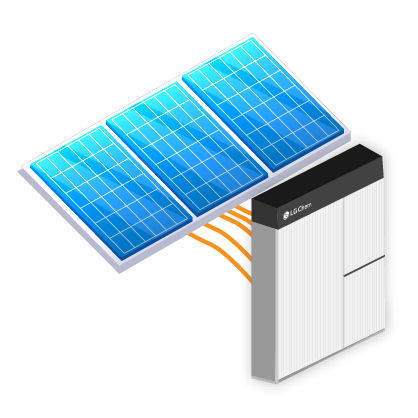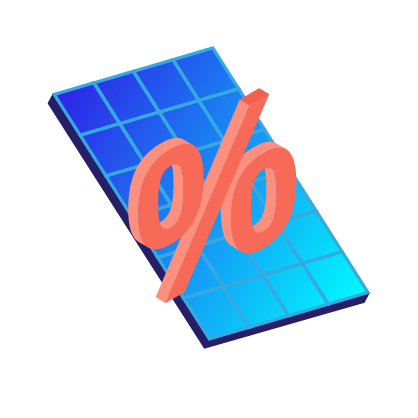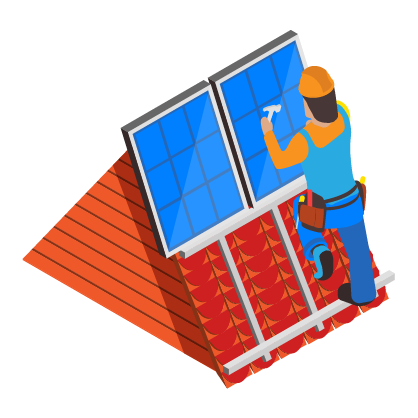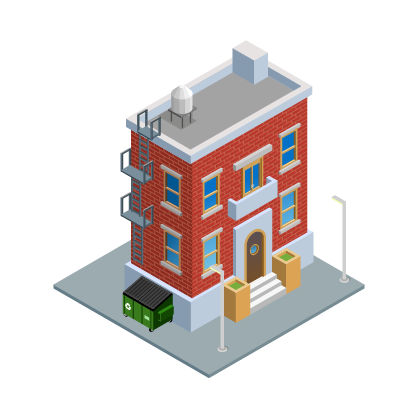What Is A Solar Panel Farm?
Because not every home or building will be able to support its own solar system, the idea of the solar panel farm came to life.
Solar Farms Explained
A solar panel farm is simply a collection of solar panels, also called an array, that can be used for both residential solar needs, as well as larger-scale utility solar needs. It can be small or big, but the main theme is that its purpose is to be a source of solar energy for a collection of people, businesses, homes, etc.
Perhaps the most significant value of solar panel farms is that they do not need to be installed on the energy consumer’s property. This means that home and business owners would be able to use solar sourced energy without having to take on the financial responsibility of installation. It is a collective approach to providing clean and renewable energy to the masses.
Community Solar Farms
Community solar farms are used to provide residential properties with access to solar energy. The residents of a community where a solar panel farm is installed will have the option to purchase energy from this source, just as they would for purchasing it from another energy provider. These farms, which are sometimes referred to as “solar gardens”, are usually mounted to the ground and can span for many acres. Obviously, the larger the solar array, the more energy is generated.
Community solar panel farms are very attractive to individuals who do not want to install panels where they are living but want to make use of clean energy. There can be several reasons why someone would not want to install rooftop panels: it is too expensive for them, they do not own the property, or maybe they are just unsure if they will be at that property for long. Community solar panel farms are a great way to supply renewable energy to these types of individuals.
Large-Scale Utility Solar Panel Farms
Large-scale solar panel farms have been used to generate and supply clean energy for more than 20 years. Also referred to as utility-scale solar panel farms, these are usually owned and developed by governments or private businesses. They can either be used for the entities own energy needs or can be resupplied to other energy consumers through the grid.
Utility-scale solar farms are projected to be the fastest growing segment of the solar power market, and because of this, it is poised to make a huge impact on energy generation in general. A big reason why there is so much focus on this area of solar is that it allows for more accessibility by energy consumers. It goes back to the reality of how much more difficult it would be to install panels on every individual building.
We can see some examples of these solar panel farms in places like China, where they have really stepped up their initiative around renewable energy investment and development. These panels can make a tremendous impact in the effort to mitigate CO2 and other harmful gases.
Mass Production of Solar Energy
The main purpose of a solar panel farm is to create a large enough array so that the needs of a collective group of energy consumers can be met. When deployed at such a scale, the cost for energy production goes down enough to make this form of renewable energy almost as cheap as fossil fuels. As the development of solar panel farms continues, we will start to see more availability in cheap and clean energy.
What’s Better – Rooftop Solar or Solar Farms?
It’s hard to give an exact answer to the question of whether rooftop solar or solar farms are better. It will depend on every individual’s situation. Most importantly, both options will result in savings on conventional energy bills. If a homeowner owns a rooftop solar system, he/she stands to save much more than a community solar arrangement, primarily because there is no outside entity facilitating the solar array. It’s your’s, so you capture all of the savings!
Use our online solar calculator to see if your property is solar friendly. If not, opting into a solar farm can be a great solution to tap into clean power!











